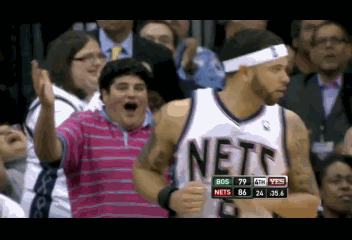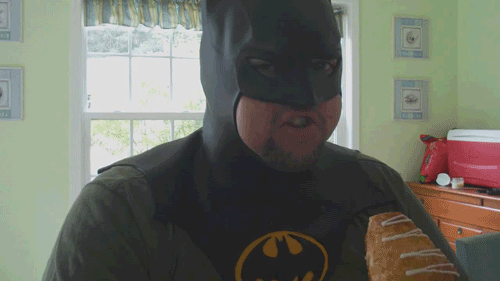Since Miami used the exceptions, if LeBron decides to stay, they can actually now give Wade and Bosh a lot more money, so Bosh can get the max again it looks like. It seems like Houston's angle is that they are offering the max and think Miami can't, but since they have retained bird rights and only used exceptions, they don't have to stay under the cap. Gaspar and I discussed this a little the other day because I wondered how they could use the exceptions if they were trying to create cap room (they couldn't once they renounced the bird rights to create the cap room to sign other people using cap space).
This article kind of goes into greater detail...
the Heat's two moves Monday gave us some insight into their plans for retooling around James, Wade and Bosh. With little spending power, the Heat were never going to strike a blockbuster deal. But from their agreements to sign Josh McRoberts and Danny Granger with their cap exceptions, we can learn a few things about the Heat's thinking as we head into Riley's planned meeting with James on Tuesday.
Here are three takeaways:
1. The Heat wave good-bye to cap space
By using the non-taxpayer's midlevel exception and biannual exception, the Heat have effectively announced that they will not be operating as a team with cap space this free-agency period. Those two tools are made available only to teams that are above the projected cap of $63.2 million. How can the Heat be over the cap if they haven't signed any players yet?
Good question. Though the Heat have not reached a deal with anyone in free agency up until this point, cap holds from James, Wade, Bosh and Udonis Haslem alone take them up to an effective cap number of about $68 million. Over the cap.
All that talk about the Heat's cap space? They have chosen the other door.
The Heat could have carved out some cap space by getting rid of the cap holds, but that would require renouncing the Bird rights to James, Wade, Bosh and Haslem (among others). Going that route would have been risky without commitments, and it's unclear how much cap space the Heat could clear without pay-cut assurances from James, Wade and Bosh. Bird rights are important for title chasers like the Heat. They allow teams to re-sign their own players over the cap. The Heat will retain those, which may come in handy pretty soon.
By going over the cap, the Heat will also cut ties with their room midlevel exception. That would have been a tool to have a starting salary of $2.7 million to throw at a free agent, but that disappears once a team operates above the cap. That's not a huge deal. The Heat still played another card -- their biannual exception -- which goes for $2.1 million in the first year and can be used to sign a player (or be split among multiple players) for up to two years. The biannual exception isn't a game-changer, but some solid veteran players have been signed using it. C.J. Watson, Jermaine O'Neal and Nate Robinson were all recipients last season.
2. The Heat are hard-capped at $81 million
Another capology note: By using these two exceptions, the Heat, by league rule, have to stay underneath the apron, an effective hard cap $4 million above the luxury tax line, which is set at $77 million. There's no gray area here. Under no circumstances can the Heat's payroll go above $81 million this season.
http://insider.espn.go.com/nba/story/_/ ... -deals-nba





















